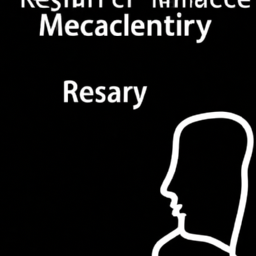Introduction:
Employers of all sizes have faced legal challenges over alleged wage and hour infractions. Recently, major convenience store chain 7-Eleven has settled a lawsuit for $1.2 million over claims that it required employees to work without providing enough meal or rest breaks in violation of California labor laws. This case is a reminder to all employers to be aware of their compliance with their state’s wage and hour laws.
Background:
In the lawsuit, plaintiffs claimed that 7-Eleven scheduled employees to work understaffed shifts, during which there was no opportunity for food breaks, and “willfully and intentionally withheld wages”, failing to pay employees for all hours worked and for overtime. The suit also claimed that 7-Eleven failed to provide workers with correct wage statements and to remit payment for all hours worked.
7-Eleven did not admit that it violated the California labor laws, but instead stated that it has “made changes to its California operations to ensure its compliance” with the state’s wage and hour laws. The company has agreed to pay a total of $1.2 million in back wages and penalties as part of the settlement, which covers all current and former store employees in the state of California who worked between January 1, 2009 and December 21, 2017.
Discussion:
This case is a reminder to all employers to take all measures necessary to ensure they are compliant with their state’s wage and hour laws. In addition to ensuring that employers are providing their employees with the correct wage statements and all wages owed, they must also ensure that they are providing meal and rest breaks as required by law.
The California Labor Code provides that all employees must be provided with applicable minimum wage, overtime compensation when due, regular rate of pay, and furnished with accurate wage statements. The California Labor Code also requires employers to provide non-exempt employees with at least one meal period after five hours of work, and a second meal period must be given if the employee works more than ten hours in the same day. In addition, the law requires employers to provide unpaid rest periods for non-exempt employees at least ten minutes for every four hours of work or major fraction thereof.
If an employer fails to provide meal and rest breaks, the employee can make a claim for the missed meal or rest period, including any premium wages or overtime wages owed to the employee as a result of the missed breaks. The employee is also entitled to recover penalties, attorney’s fees, and court costs.
Conclusion
It is essential for all employers to stay aware of their responsibilities under their state’s wage and hour laws and to ensure that they are providing the appropriate meal and rest periods to their employees. 7-Eleven’s settlement of $1.2 million is a reminder to all employers to stay in compliance with their state’s labor laws.



